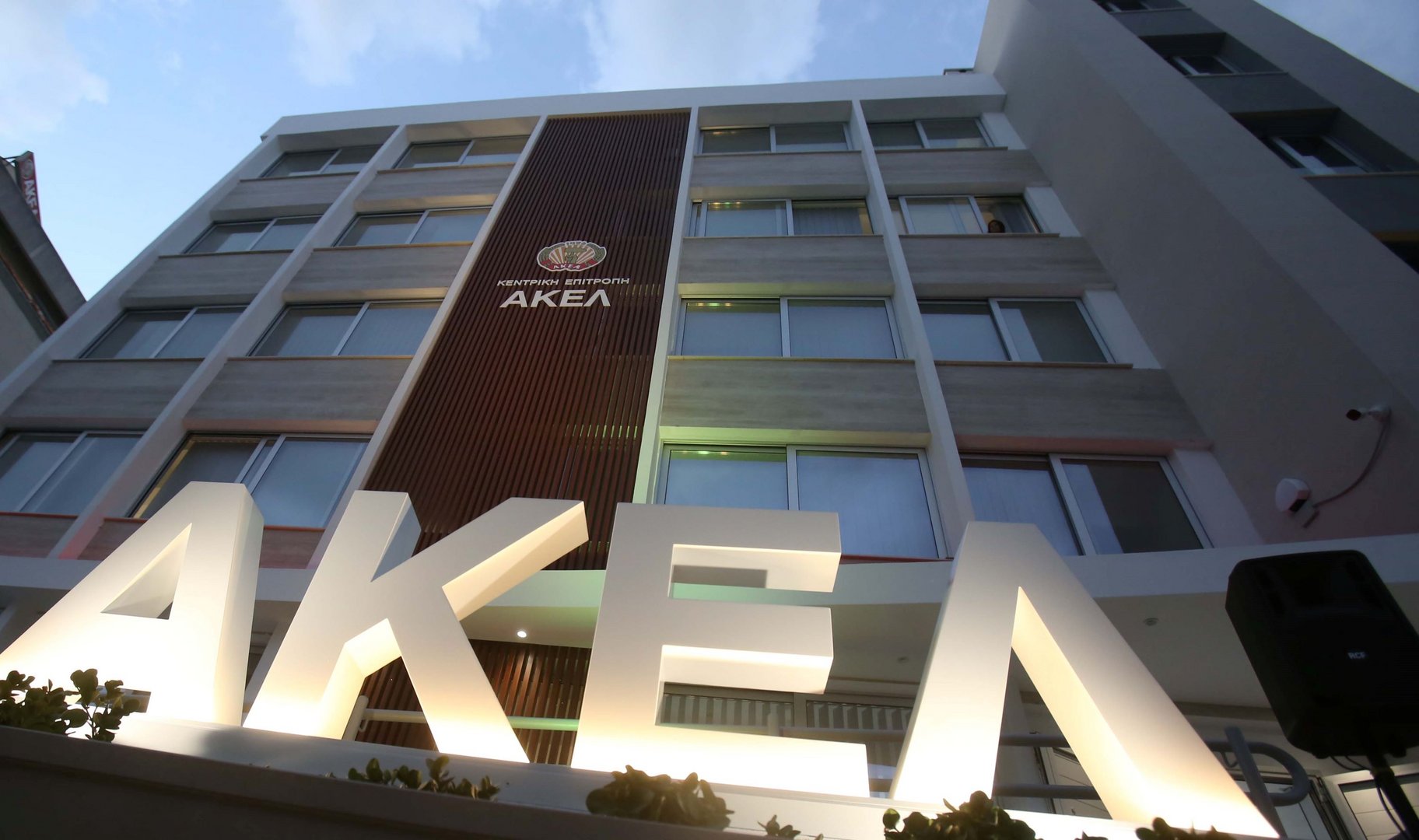In an interview given of the occasion of May Day, Sotiroulla Charalambous, the general secretary of the Akel union federation Peo, felt duty-bound to talk about important Marxist ideas such as the exploitation of workers and the class struggle. Although these ideas evolved in the 19th century, for Akel they are still valid in the 21st, despite the huge improvement of workers’ living standards in the capitalist world.
“The mechanisms of exploitation may be changing, but exploitation continues to exist,” said Charalambous, who had served as labour minister in the Christofias government. “Class solidarity is of huge importance for the success of the struggle of the workers,” she said, also expressing the hope the “vision of a society free of exploitation” would be realised. “In the struggle against exploitation, organisation is important as the tool which helps workers fight collectively to improve their lives,” she explained.
In a country like Cyprus, in which unions have great power, regularly dictating their terms, it seems a bit excessive to talk about exploitation. In fact, the most glaring exploitation seen in Cyprus over the years is that of the taxpayer by the workers of the public sector. Public sector union bosses have taken advantage of weak, vote-hungry politicians to ensure their members are paid more for less work. Guaranteed annual pay rises, without any increase in productivity have been the norm for years, ensuring the average wages in the public sector are much higher than the average wages in the wealth producing private sector.
Perhaps Charalambous could tell us how the overpaid, underworked public employees were being exploited and, more importantly, who was doing the exploiting? The real exploitation taking place in Cyprus is by this group of privileged workers, whose big wages and pensions drastically limit the state funds that could be used for social welfare, supporting those genuinely in need. Of course, the systematic exploitation of the political system by teachers, civil servants, nurses, doctors etc. is not seen by Akel and Charalambous, who unwaveringly back the demands of the public employees, regardless of how unreasonable they are.
This is not to say that there are no workers in Cyprus who are badly treated and underpaid. There are cases of such exploitation, but to present them as the norm, as Akel likes to do, is totally misleading. Akel’s failure to accept that capitalism has changed radically since the 19th century when Marx wrote his theories, is the main reason its following had been steadily declining. Class struggle rhetoric, of the type mouthed by Charalambous on May Day might appeal to its older members, but it will certainly not attract young voters because, like the exploitation of the workers, it means nothing to them.







Click here to change your cookie preferences